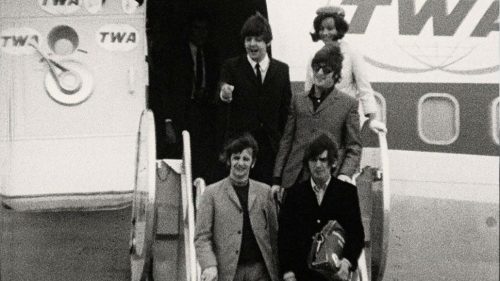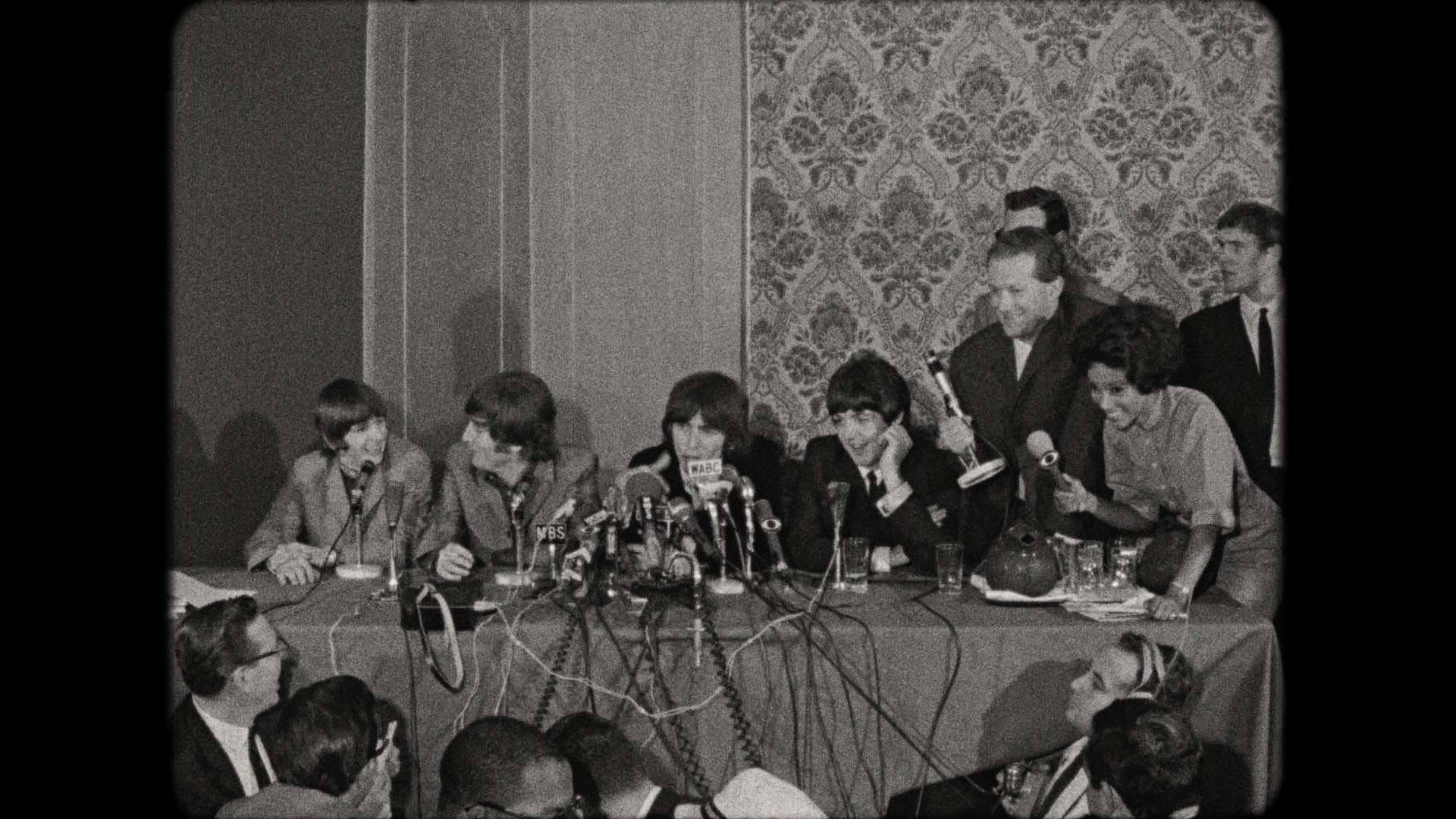
With his documentary TWST – Things We Said Today (Out of Competition) Andrei Ujicăin explores the Beatles’ 1965 USA tour, with a focus on their historic Shea Stadium concert, examining its cultural impact and political undertones through a mix of archival footage and personal narratives.
Returning to the Beatles more than 50 years after their breakup, feels like revisiting a kind of Eden, the original source of Great Electrified Popular Music. In this saga that spans the entire decade of the 1960s, what does the concert at Shea Stadium and, more generally, the 1965 USA tour represent in terms of the band’s narrative?
The Beatles’ second tour in the US during the summer of 1965 is iconic. It marks the ascent of Beatlemania as a global phenomenon, celebrating the revolution sparked by electrified pop music, which was in full swing, with The Beatles as its initiators. This wasn’t just a niche expression of “youth culture”, but a remodelling of the emotional profile of an entire generation, on a global scale. The concert at Shea Stadium, the opening show of the tour, was a germinal moment. The images of screams being ecstatically set free by the teenagers in the stadium were broadcast around the world, even reaching beyond the iron curtain, where I was at the time. The feeling that the social paradigm of the world could be changed through these cathartic moments was suddenly as euphoric as it was palpable.

After well over a decade of work, Romanian director Andrei Ujică presents for the first time in Absolute Things We Said Today, a documentary about the Beatles’ famous North American tour. The feature film reports a detailed account of the excitement that grippe...
What sources did you use to construct this film?
I took advantage of the fact that 1965 fell right into the golden age of American television reporting, which was generally filmed on 16mm by brilliant cameramen capable of delivering images of such high cinematic quality. The main sources for the first half of the film in black and white were the archives of ABC, CBS and NBC, along with the footage from the work of correspondents of the era from the great European TV networks in New York, such as ORTF and ARD. In the second part of the film, in colour, I use multiple images from home movies shot on 8mm, acquired mostly from eBay. The same approach applies to the text of the film, which incorporates biographical data from an autofictional account by Geoffrey O’Brien and Judith Kristen’s diary from the time of the concert. I then added fragments from a short story I wrote in my youth; Isabela, Friend of the Butterflies, giving the impression that the young writer, who is the film’s protagonist, was writing it that summer. Through such juxtapositions, the film poses its most personal question: what actually is life, is it a news report or a short story?

Your previous films carry a subversive spirit and are closely tied to political themes, in their most catastrophic forms. Does this film about the Beatles share that same DNA?
As far as ‘subversive aesthetics’ are concerned, TWST is certainly no more “well behaved” than any of my other films. As for its political DNA, I think the parallel montage of the quiet New York weekend and of the Watts Riots in Los Angeles shows that it is still very much intact.